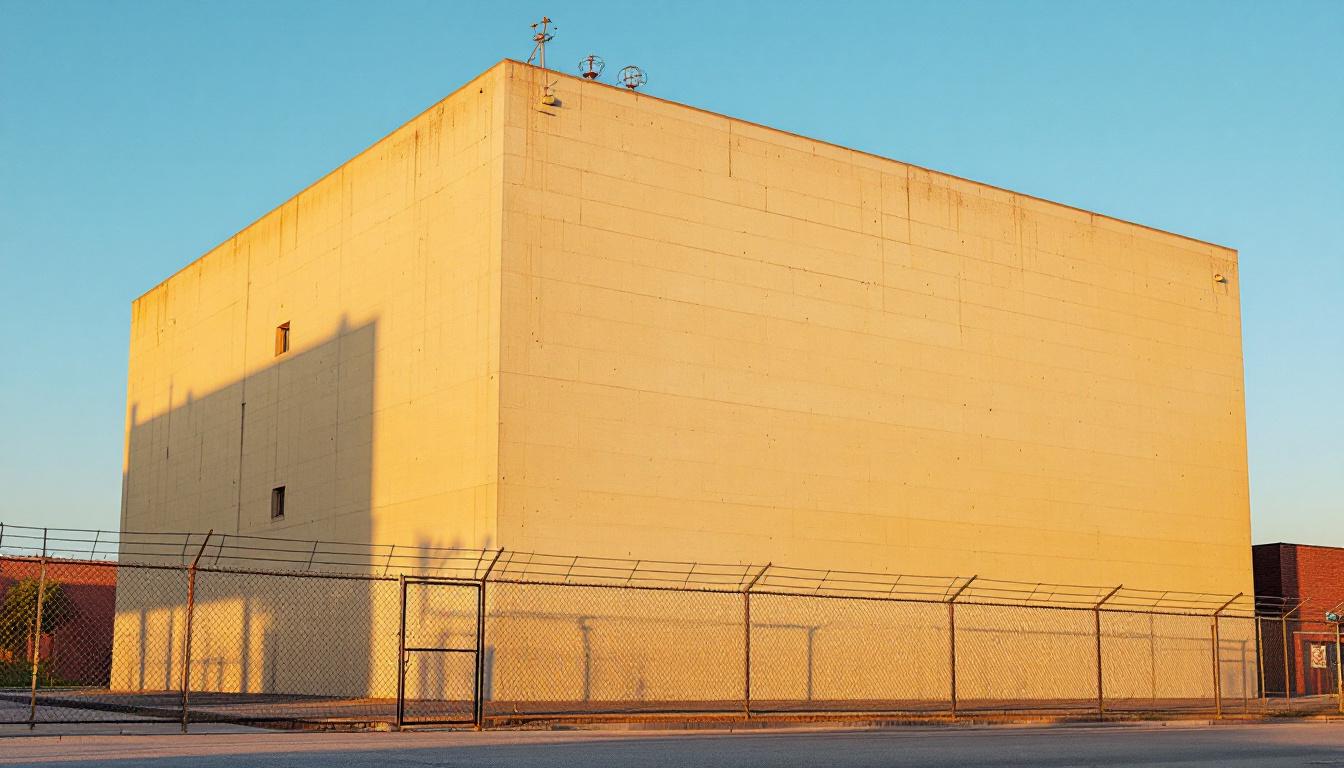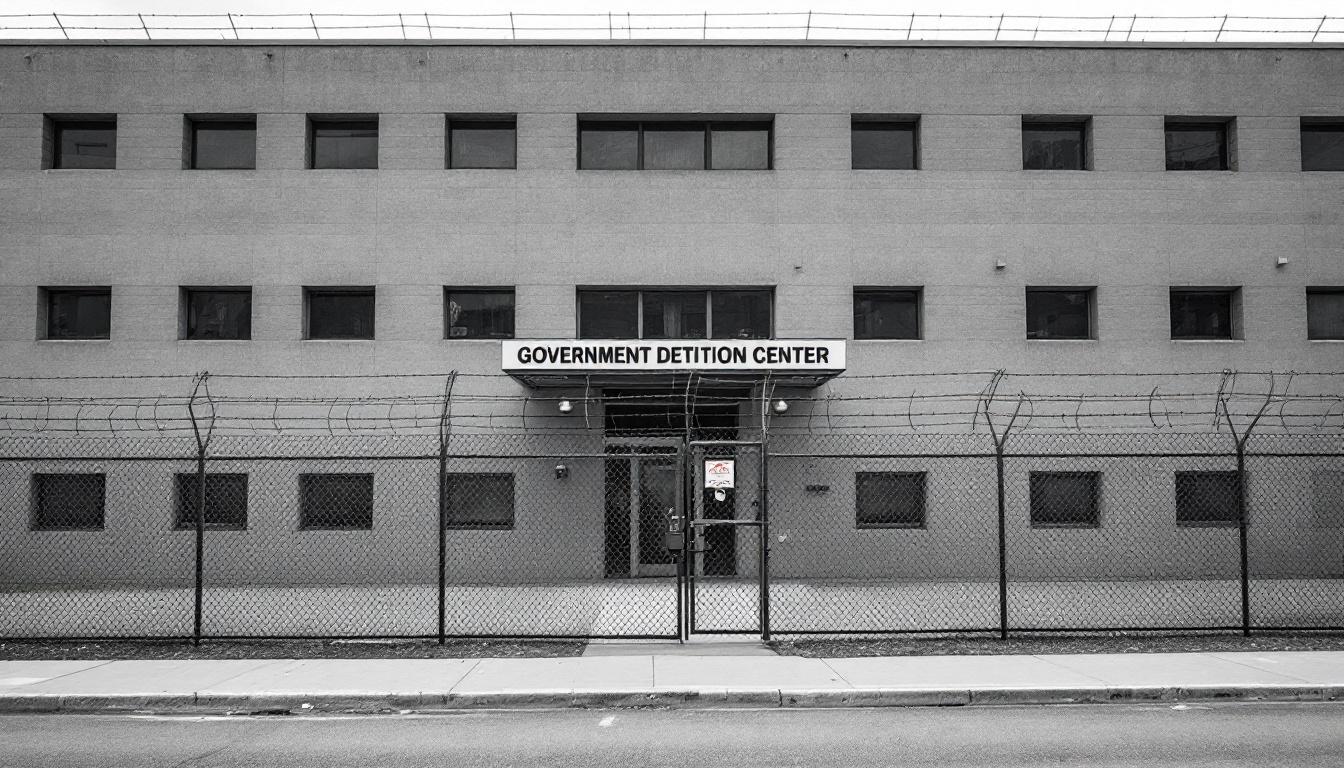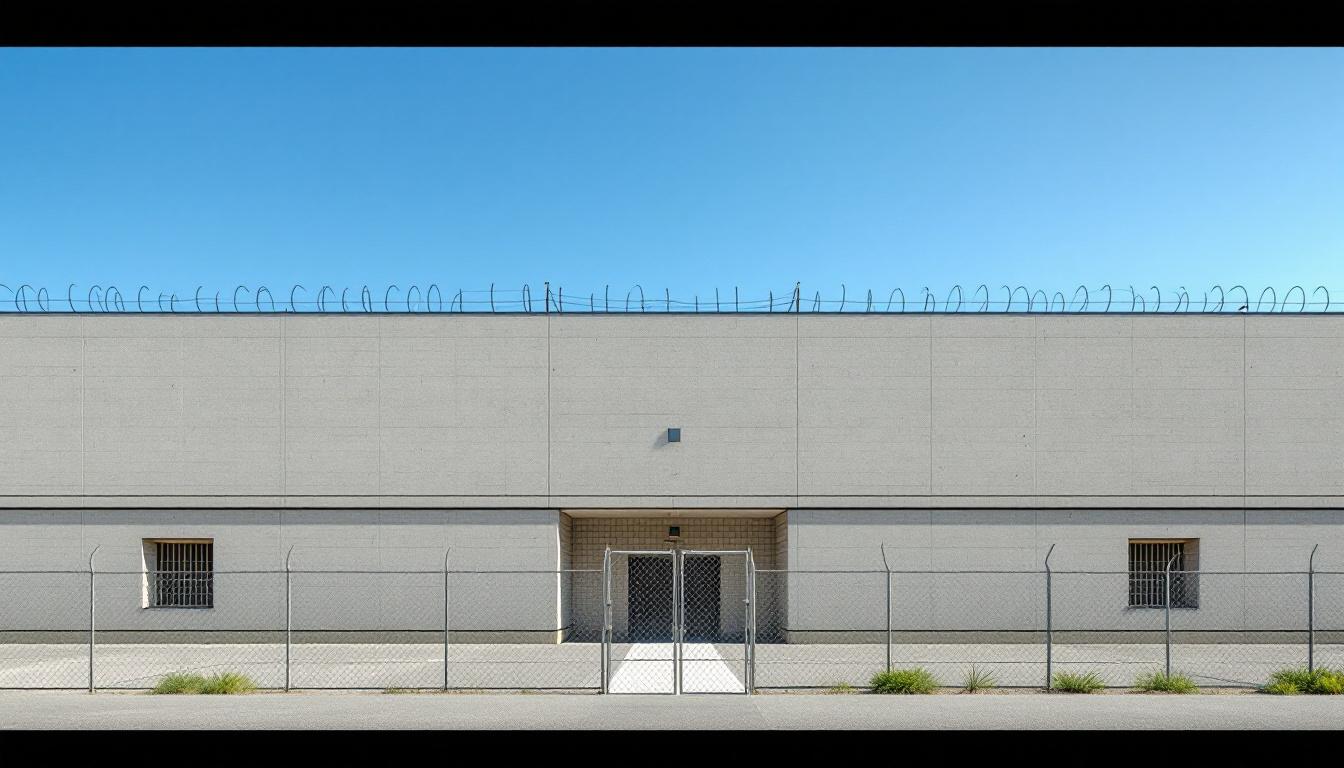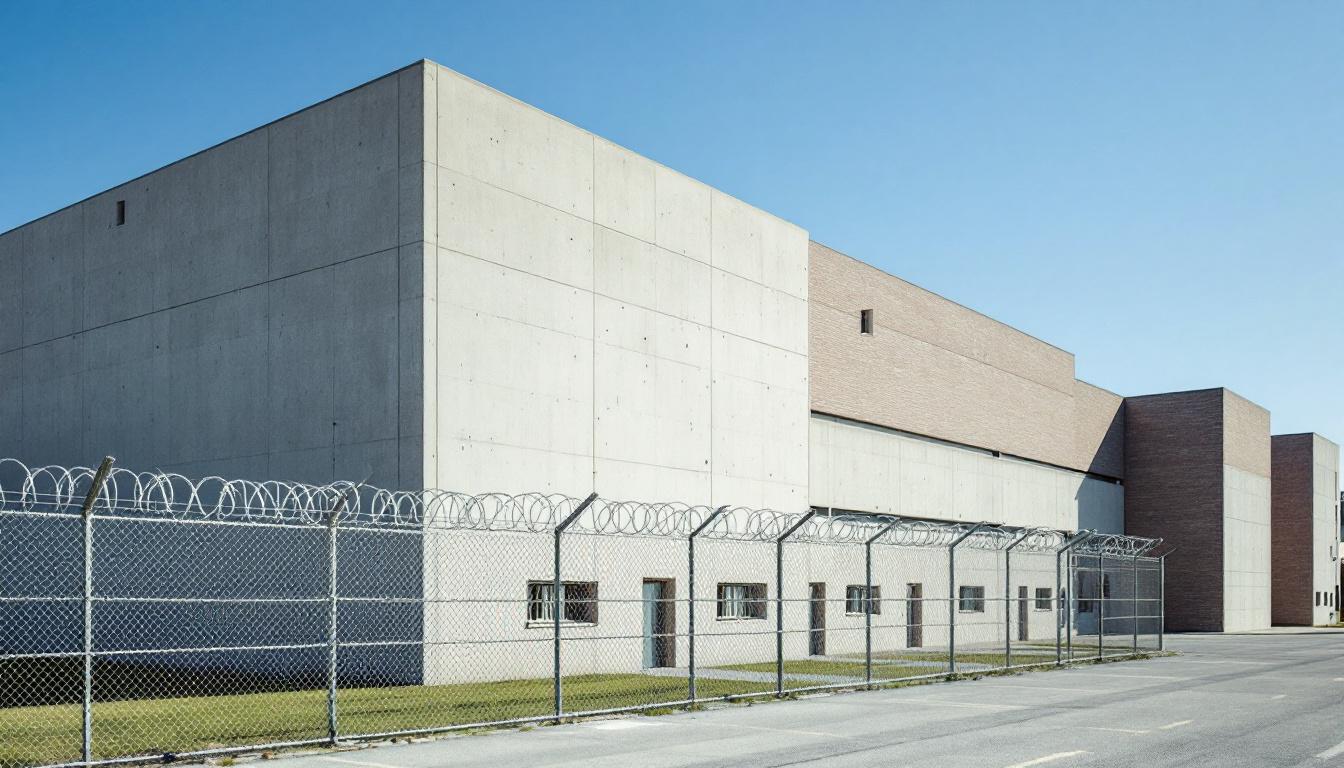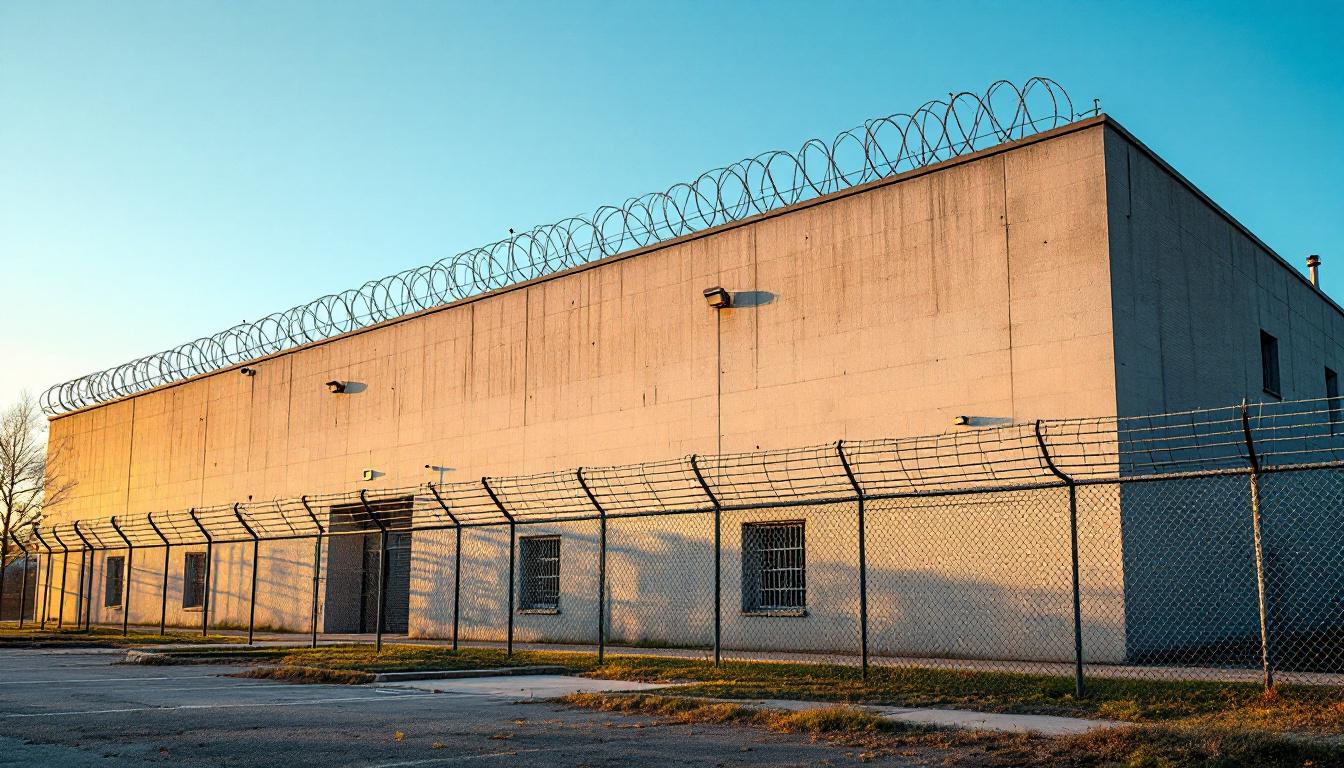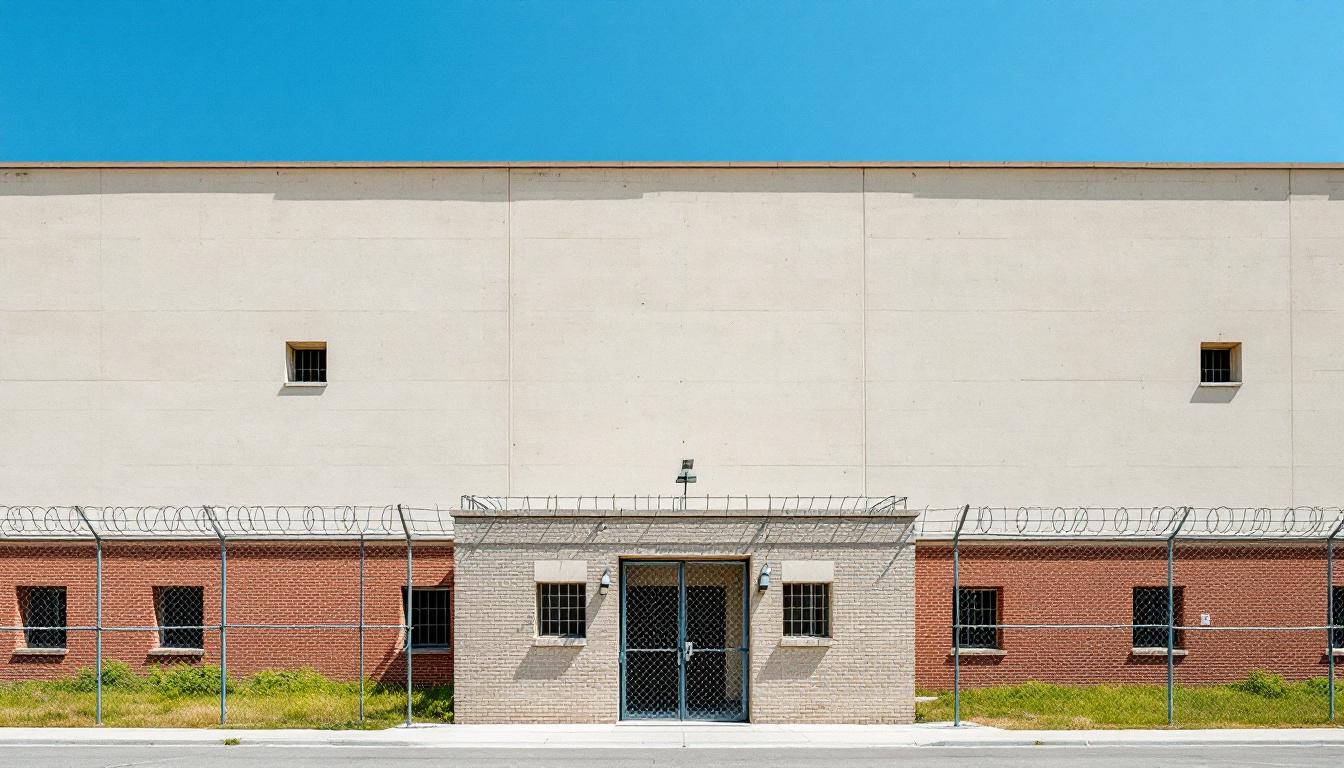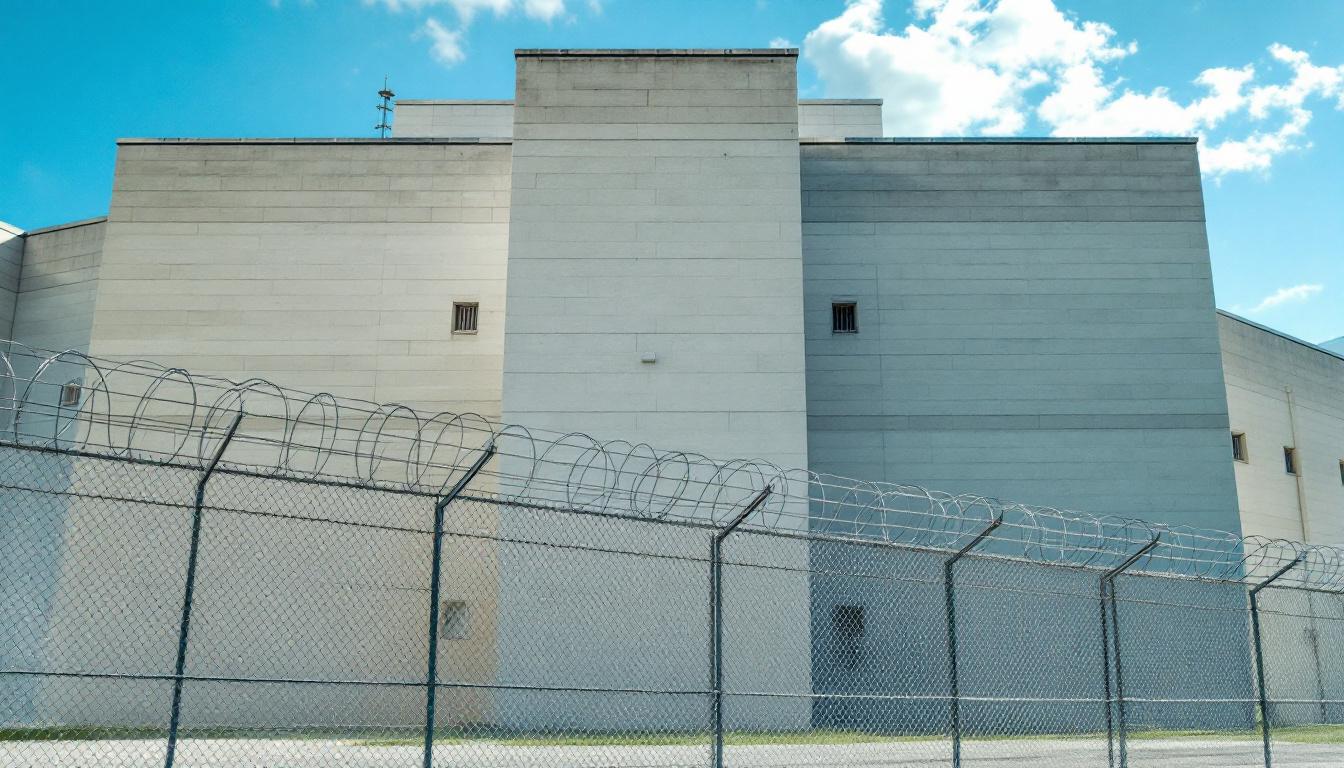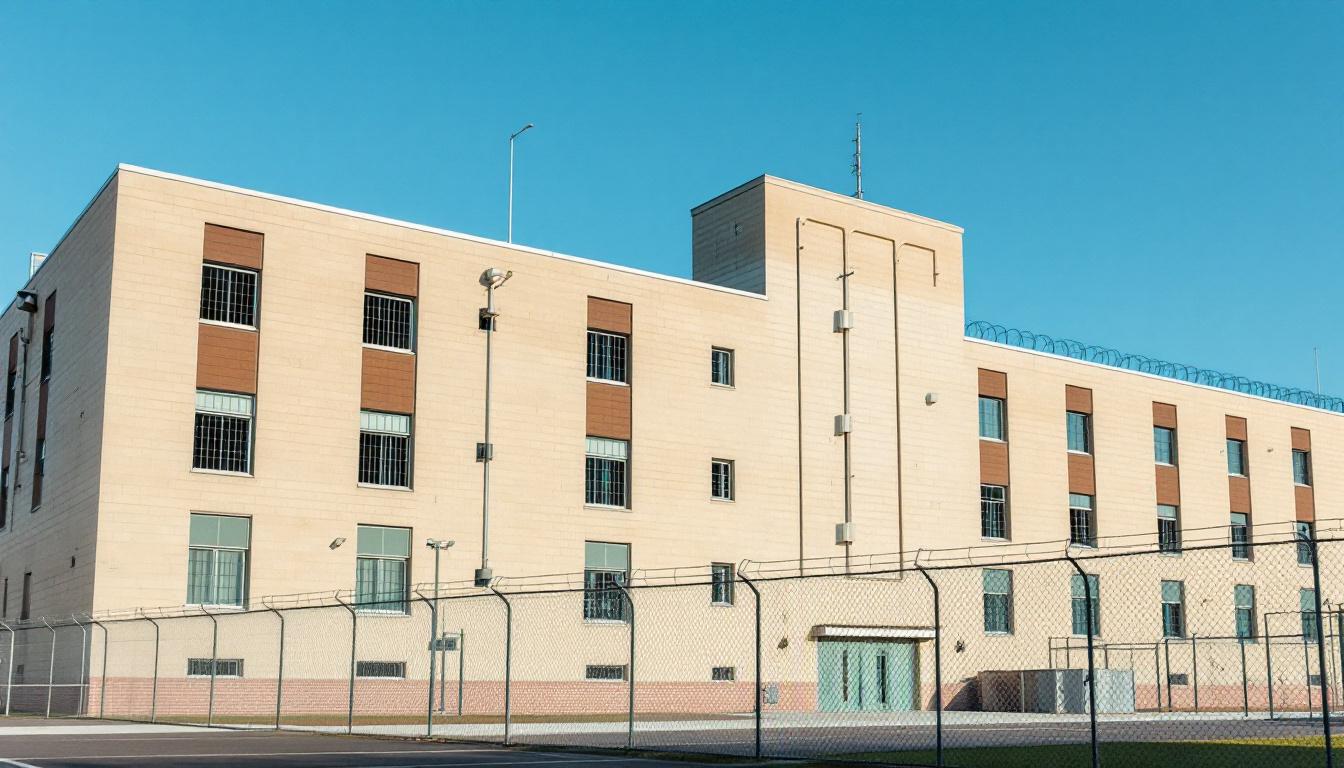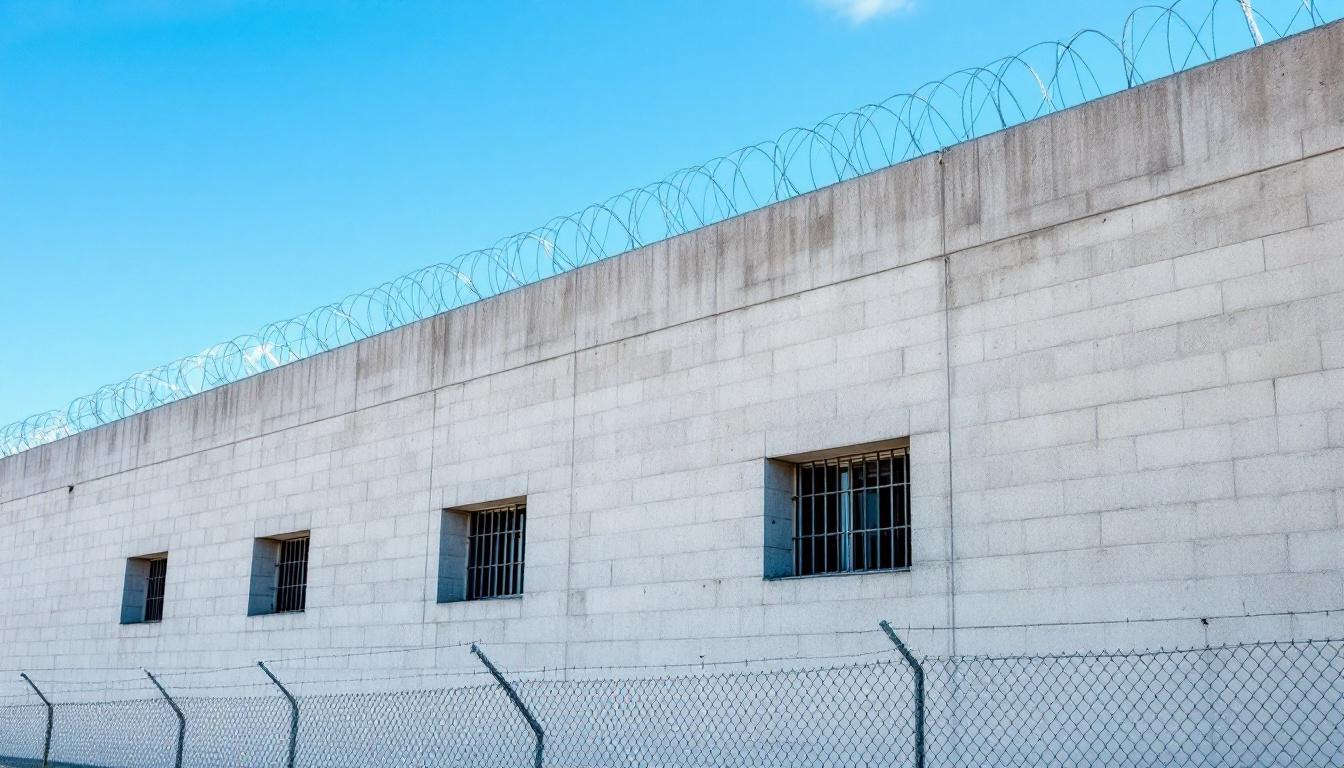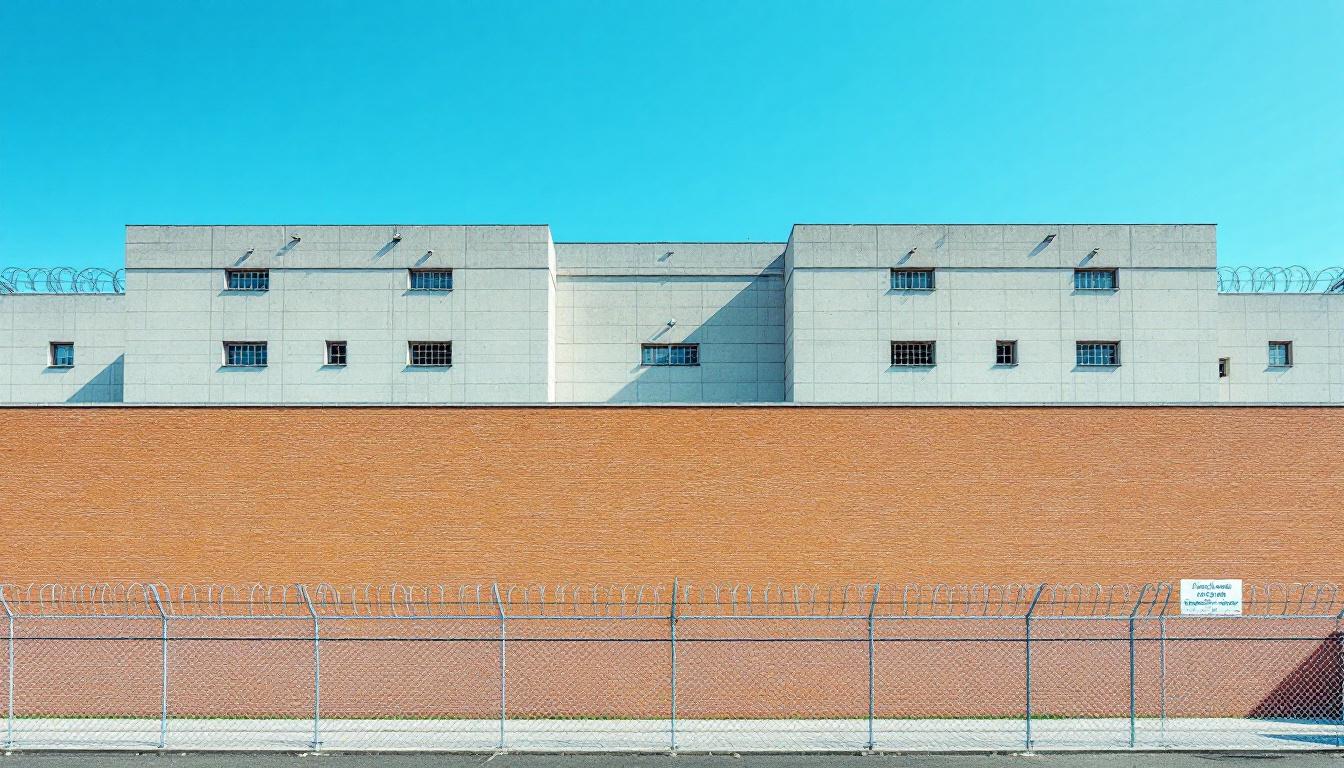
Quick Navigation
How to contact an inmate at MTC Idaho Correctional Alternative Placement Program
This comprehensive guide will walk you through how to connect with an inmate at MTC Idaho Correctional Alternative Placement Program. Follow the steps below to find an inmate and send letters and photos:
- Search for the inmate using our search tool below
- Create your account or log in to Penmate
- Write your message (up to 6,000 characters)
- Send instantly - inmates receive printed copies daily
Find an Inmate
Search for an inmate to start communicating today
Tip: You can search by first name, last name, or inmate ID number
To contact a person at MTC Idaho Correctional Alternative Placement Program start by searching for the person on the official facility website. Perform a search by following these steps:
- Step 1: Enter their first name and last name into the search form and click "Search"
- Step 2: Locate their inmate record
- Step 3: Write down their Inmate ID and any housing information provided
Important! Be sure to enter the person's full name. Nicknames should not be used.
How to Send Messages to Inmates

You can use your phone or computer to send emails, letters, and photos to an inmate. Messages are sent electronically to inmate tablets or kiosks at the facility. If you would like to send a message, start by searching for an inmate at MTC Idaho Correctional Alternative Placement Program.
Sending Photos and Postcards

A great way to send love and support to a loved one at MTC Idaho Correctional Alternative Placement Program is to send photos and postcards. It only takes a few minutes to send photos from your phone and it makes a huge difference. You can also mail postcards with words of support and inspiration, or design your own postcard for special moments like birthdays and holidays.
Important! Be sure not to send any explicit photos or they may not be approved by the facility. You can also use a photo printing app like Penmate to make sure your photos are printed at the correct size (4x6 or 3x5) and are mailed according to the rules and regulations of MTC Idaho Correctional Alternative Placement Program.
Frequently asked questions about MTC Idaho Correctional Alternative Placement Program
-
How long does it take to deliver a message?
If you're sending an email message your letter is usually delivered within 24-48 hours. For messages sent via mail you should expect delivery within 3-7 days. All messages will need be approved by MTC Idaho Correctional Alternative Placement Program.
-
How much does it cost to send a message to MTC Idaho Correctional Alternative Placement Program?
You can send a message free using your phone or mail a message via USPS for the price of a $0.60 stamp and envelope. You can also purchase credits or e-stamps from services starting at $1.99.
-
What services can I use to contact an inmate at MTC Idaho Correctional Alternative Placement Program?
Penmate
You can use Penmate to send letters and photos to an inmate from your phone. It's an easy way to stay in touch during your loved one's incarceration. Use the inmate locator to find an inmate's location and contact information, then you can send messages within a few minutes.
Securus messaging
Securus may be another option for communicating with an inmate at MTC Idaho Correctional Alternative Placement Program. You can create a friends and family account and purchase credits to send messages. All messages will be reviewed and must be approved by the facility.
JPay
Some county jails and state prisons may support sending messages with JPay. You must register an account with the system, find your loved one, and purchase stamps to send messages. For some locations you can also attach photos.
Smart Jail Mail
You may also check if Smart Jail Mail is available at MTC Idaho Correctional Alternative Placement Program. Smart Jail Mail is operated by Smart Communications and has contracted with some state and county jails. After purchasing credits, your messages and photos are sent to the facility, printed out, and then handed out to your loved one.
-
What is the mailing address of MTC Idaho Correctional Alternative Placement Program?
Mailing address:
MTC Idaho Correctional Alternative Placement Program
15505 Pleasant Valley Rd
Kuna, ID 83634
Phone: (208) 336-9959Business hours:
- Monday: 8:00 AM – 5:00 PM
- Tuesday: 8:00 AM – 5:00 PM
- Wednesday: 8:00 AM – 5:00 PM
- Thursday: 8:00 AM – 5:00 PM
- Friday: 8:00 AM – 5:00 PM
- Saturday: Closed
- Sunday: Closed
-
What are the visiting hours at MTC Idaho Correctional Alternative Placement Program?
Visiting hours at MTC Idaho Correctional Alternative Placement Program vary by housing unit and security level. Generally, visits are scheduled on weekends and holidays, with some facilities offering weekday visits. Contact the facility directly at (208) 336-9959 or check their website for the current visiting schedule. Visits typically last 30-60 minutes and must be scheduled in advance.
-
What items are prohibited when sending mail to MTC Idaho Correctional Alternative Placement Program?
Prohibited items typically include: cash, personal checks, stamps, stickers, glitter, glue, tape, staples, paperclips, polaroid photos, musical or blank greeting cards, hardcover books, magazines with staples, and any items containing metal or electronics. Only send letters on plain white paper with blue or black ink. Photos must be printed on regular photo paper (no Polaroids). Always check with MTC Idaho Correctional Alternative Placement Program for their specific mail policies.
-
How do I send money to an inmate at MTC Idaho Correctional Alternative Placement Program?
You can send money to an inmate at MTC Idaho Correctional Alternative Placement Program through several methods: 1) Online using JPay, Access Corrections, or the facility's approved vendor, 2) Money orders mailed directly to the facility with the inmate's name and ID number, 3) Kiosks located in the facility lobby, or 4) Over the phone using a credit or debit card. Fees vary by method, typically ranging from $2.95 to $11.95 per transaction.
-
Can I schedule a video visit with an inmate at MTC Idaho Correctional Alternative Placement Program?
Many facilities now offer video visitation as an alternative to in-person visits. At MTC Idaho Correctional Alternative Placement Program, video visits may be available through services like Penmate, Securus Video Connect, GTL, or ICSolutions. Video visits typically cost $10-20 for 20-30 minutes and must be scheduled in advance. You'll need a computer or smartphone with a camera and reliable internet connection. Contact the facility for their specific video visitation policies and approved vendors.
-
What identification do I need to visit an inmate at MTC Idaho Correctional Alternative Placement Program?
All visitors must present valid government-issued photo identification such as a driver's license, state ID, passport, or military ID. Minors must be accompanied by a parent or legal guardian who can provide the minor's birth certificate. Some facilities require visitors to be on the inmate's approved visitation list, which may require a background check. Contact MTC Idaho Correctional Alternative Placement Program for specific ID requirements and visitor approval procedures.
-
How can I find out an inmate's release date?
To find an inmate's release date at MTC Idaho Correctional Alternative Placement Program, you can: 1) Use the online inmate search tool if available, 2) Call the facility's records department, 3) Contact the inmate's case manager or counselor, or 4) Have the inmate provide this information during a call or visit. For privacy reasons, some facilities only release this information to immediate family members.
Facility Overview
Contact Information
MTC Idaho Correctional Alternative Placement Program15505 Pleasant Valley Rd
Kuna, ID 83634
Phone: (208) 336-9959
Official Website
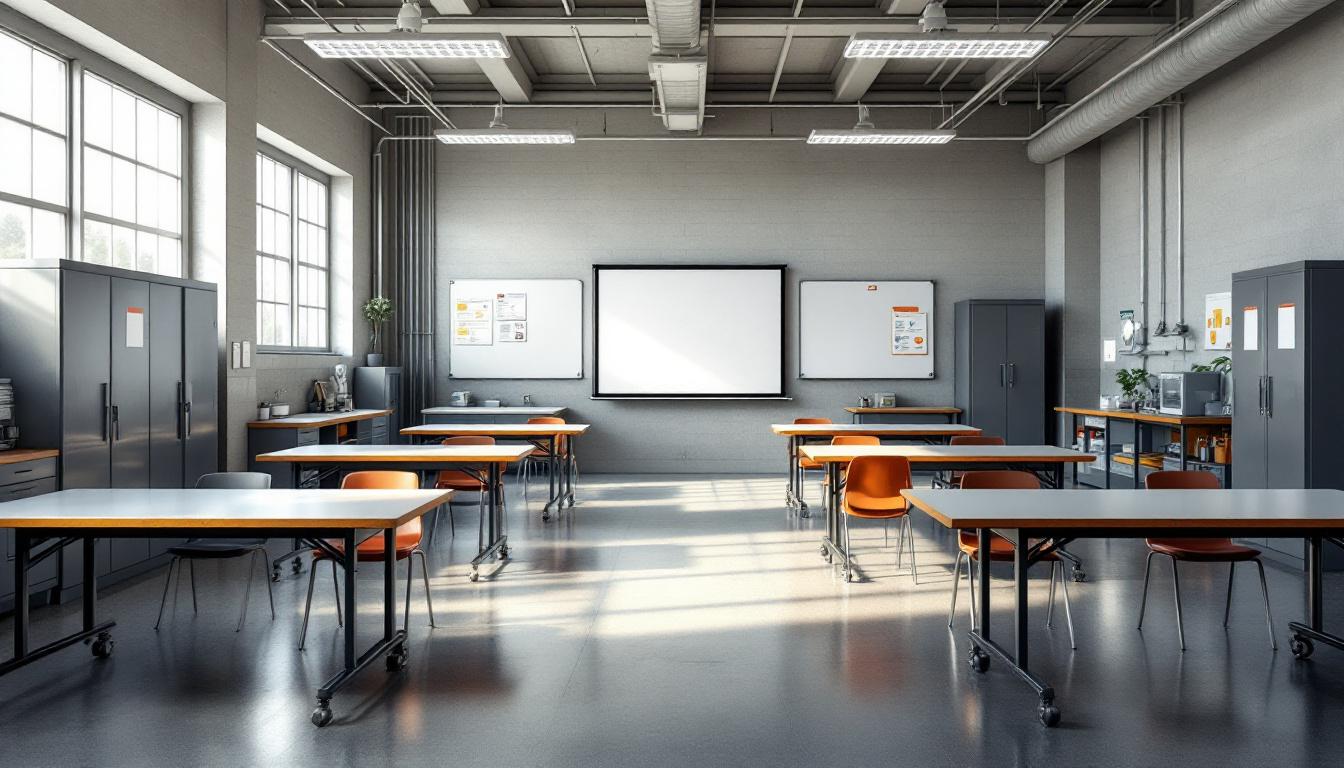
About MTC Idaho Correctional Alternative Placement Program
Nestled within the agricultural landscape of Kuna, Idaho, where vast farmlands stretch toward the foothills of the Treasure Valley, the Correctional Alt Placement Program Unit #1 serves as a specialized component within Idaho's broader correctional framework. This facility typically operates as an alternative placement option within the state's correctional system, often designed to house residents who may require different supervision levels or programming approaches than traditional correctional settings provide. The mountain region's influence on Idaho's correctional philosophy generally emphasizes practical rehabilitation approaches that reflect the state's work-oriented culture and community-centered values.
Historically, Idaho's correctional system has evolved to include various alternative placement programs as part of broader criminal justice reforms that gained momentum throughout the late 20th century. Facilities like Unit #1 in Kuna often emerged from recognition that different populations within the correctional system may benefit from specialized environments and programming approaches. The development of such alternative placement units typically reflects ongoing efforts to create more targeted interventions while maintaining public safety and supporting successful reintegration into communities.
The facility generally provides residents with access to educational opportunities, vocational training programs, and rehabilitation services that may include substance abuse treatment and mental health support. Programming at alternative placement units often emphasizes skill development and personal responsibility, with residents typically participating in structured daily activities designed to prepare them for eventual community reintegration. As part of Idaho's correctional network, Unit #1 likely collaborates with various state agencies and community organizations to provide comprehensive services, though the specific nature and scope of such programs may vary based on available resources and evolving correctional practices throughout the region.
Programs & Services
Therapeutic interventions form the cornerstone of rehabilitation efforts at Correctional Alt Placement Program Unit #1, where comprehensive anger management sessions and cognitive behavioral therapy initiatives work synergistically to address underlying behavioral patterns. These evidence-based approaches typically emphasize skill-building and emotional regulation, enabling residents to develop healthier coping mechanisms while fostering personal accountability. The facility's holistic philosophy recognizes that meaningful change requires addressing both psychological factors and practical life skills, creating an environment where residents may engage in transformative experiences that extend far beyond their period of incarceration.
Educational initiatives and vocational training opportunities provide residents with essential foundations for successful community reintegration. The education programs often include literacy development, high school equivalency preparation, and continuing education courses that may deliver knowledge across various academic disciplines. Furthermore, vocational training components typically focus on marketable skills that align with regional employment opportunities, offering hands-on experience in trades and technical fields that can lead to sustainable career paths upon release.
Support services encompass a diverse array of initiatives designed to address both practical and emotional needs of the resident population. Work programs may provide structured employment opportunities within the facility while instilling valuable workplace habits and professional skills. Furthermore, victim awareness initiatives typically help residents understand the broader impact of their actions, fostering empathy and personal responsibility. Music programs often serve as creative outlets that may deliver therapeutic benefits while building confidence and providing constructive leisure activities that residents can continue pursuing in their communities.
Daily Life & Visitation
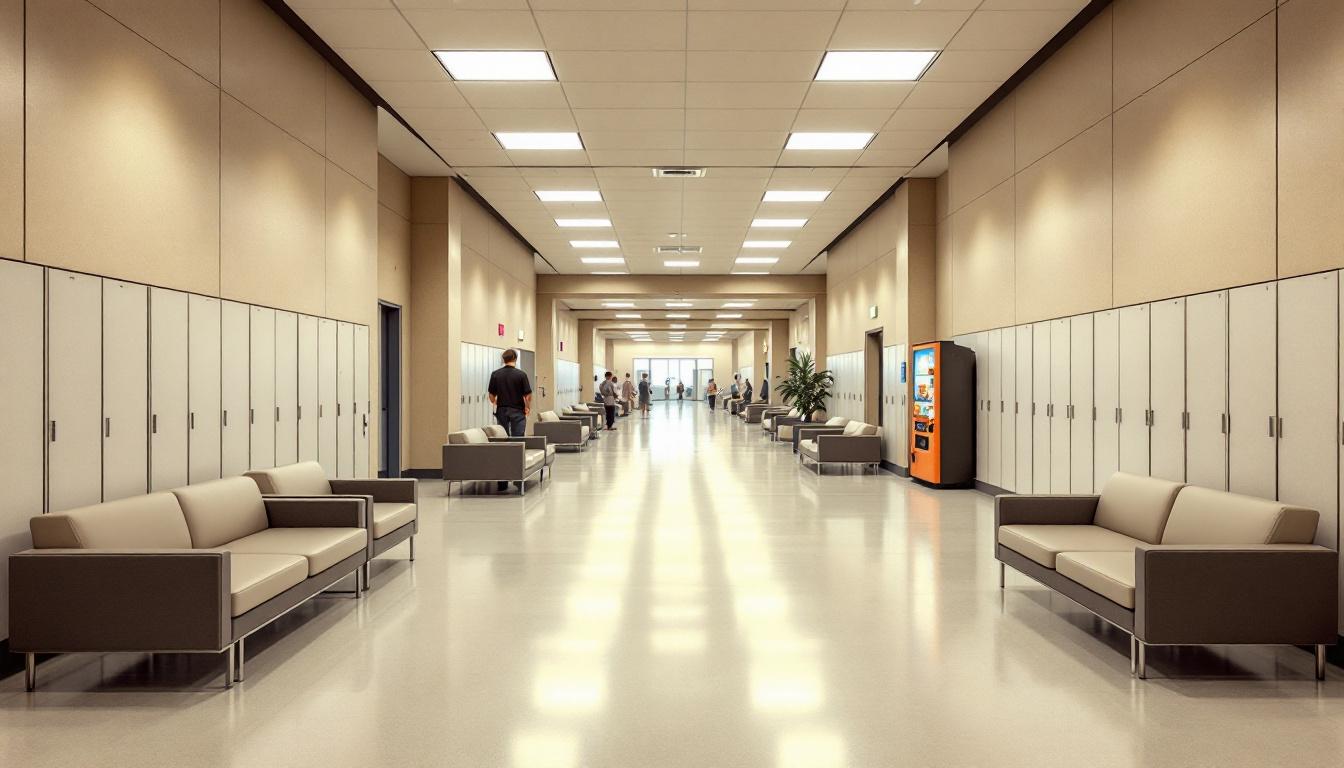
The steady rhythm of morning count begins each day, establishing a framework that residents can depend on as they navigate their time in the facility. Today's schedule unfolds with predictable precision, as residents consistently move through structured activities designed to provide stability and purpose. Wake-up typically occurs in the early morning hours, followed by personal hygiene routines and preparation for the day ahead. Meals are served at regular intervals in designated dining areas, where residents gather for breakfast, lunch, and dinner according to established schedules that help maintain order throughout the facility.
Living accommodations generally consist of shared housing units where residents maintain personal spaces within the structured environment. Each resident typically has access to basic furnishings and may store approved personal property according to facility guidelines. Furthermore, the dormitory-style or cell-based housing arrangements often include common areas where residents can interact during designated social periods. Commissary services are usually available on scheduled days, allowing residents to purchase approved items that supplement their basic needs and provide small comforts during their stay.
Structured programming schedules deliver essential components of rehabilitation and personal development throughout the week. Work assignments within the facility may include kitchen duties, maintenance tasks, or administrative support roles that help residents develop job skills while contributing to daily operations. Although recreational opportunities are typically limited by security considerations, residents usually have access to exercise periods, television viewing in common areas, and sometimes educational programming. Visitation policies generally allow for regular contact with family members and approved visitors, while telephone privileges and correspondence help residents maintain important connections with their support systems in the community.
Ready to Connect?
Start communicating with your loved one today
Search for an Inmate
